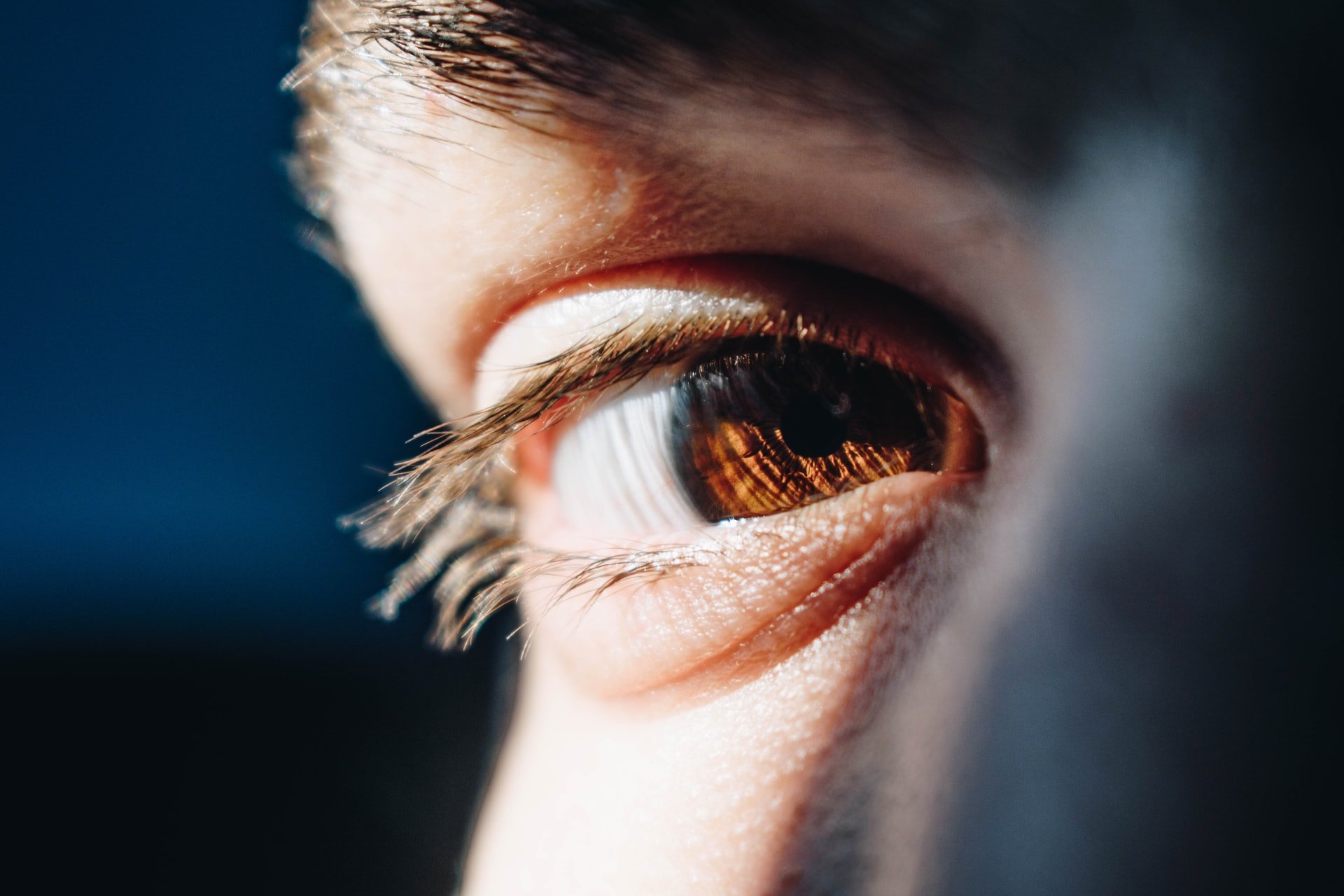
Your eyes are often considered the most sensitive structure in your body, and the vast majority of humans rely on their eyesight to help us do just about everything. Because of their combined importance and fragility, people must take the time to care for their eyes, ensure they are working correctly, and seek out the help of trained medical professionals if they notice problematic symptoms affecting their eyes and vision. This article intends to provide a range of eye problems to watch out for and explanations regarding what you can do about them, along with a list of practical tips and tricks to help you take care of your eyes.

[Related: The Benefits of Low-Impact Exercise for Your Joints and More]
Symptoms to Watch Out For
When something goes wrong with our eyes, it can produce several concerning, uncomfortable, and even downright painful symptoms that everyone should be mindful of. The following are two lists of symptoms that indicate you should seek out the services of an eye care provider. The first list contains examples of several eye emergencies that should be tended to immediately by a medical professional, and the second list includes symptoms indicating you should see an eye care provider relatively soon.
Eye emergencies that should be treated by a medical professional right away:
- Redness and intense pain in the eye
- Any injuries to the eye or the bones surrounding the eye
- Double vision or blurred vision
- Partial or total loss of vision on either one or both eyes
- The appearance of halos around lights
- Floaters or flashes of light
- Difficulty seeing objects on the sides of your visual field
- Feeling like a shade or curtain has been drawn across your field of vision
- Sudden difficulty telling the differences between colors
- Blind spots and areas of distorted vision
Eye symptoms indicating you should make an appointment with an eye care provider in the near future:
- The blurring of objects (whether they are near or far away)
- Itching or general eye irritation accompanied by the production of fluid
- Trouble reading or seeing at night
- Objects appearing less sharp or clear than normal
Eye Problems & What to Do About Them
Alongside the problematic symptoms listed above, which a qualified eye care professional should address, there is also a wide range of other eye problems. However, many of them can be treated with basic solutions you can handle on your own, according to the American Optometric Association (AOA). These include:
Sensitivity to Bright Light
To help with your sensitivity, start using sunglasses that block between 75% to 90% of visible light or sunglasses that block 99% to 100% of ultraviolet A and B radiation, which should help protect your eyes from developing cataracts. You can also select sunglasses that block blue wavelengths. Please remember not to wear sunglasses indoors or at night, as that can cause your eyes to become even more light-sensitive. You may also use lubricating eye drops if dryness occurs, and if issues persists you should seek medical attention.
Trouble with Glare
Headlight glare is an ongoing problem for those who frequently drive at night or work in very demanding situations. Consider talking to your eye doctor about antireflection (AR)coated lenses to help reduce the effects of glare, wear polarized sunglasses outdoors, avoid driving at night if glare is severe, and also have your eyes checked for the development of cataracts, especially if you are over 50 years old.
Itchy, Burning, or Red Eyes
These symptoms are typically a sign of dry eye conditions, which commonly develop after the age of 50, or from excessive levels of mucous production, particularly in those who have allergies and regularly wear contacts. Artificial tears can help with symptoms caused by dry eye, and those using contacts may see improvement by switching to daily wear or disposable lenses.
You may use preservative-free artificial tears to relieve dry eyes or try antihistamine eye drops for itchy eyes caused by allergies. Avoid rubbing your eyes to avoid scratching your corneas; you may also apply a cold compress to relieve itching and burning. Make sure to see a doctor if there is discharge or pain.
Reduced Vision in Aging Eyes
Along with getting an updated glasses prescription, those experiencing issues with their vision due to the natural aging process would benefit from setting up more lamps around their home and switching to using high-output fluorescent bulbs.
Eat eye-healthy foods rich in lutein, omega-3s, and vitamin A. Visit your eye doctor annually and ask to monitor for cataracts (cloudy vision), macular degeneration (loss of central vision), and glaucoma (slow vision loss).
Annoying Spots in Front of Your Eyes
In general, it’s normal for people to notice occasional spots or “floaters” in their vision, especially as they age. However, it can also indicate a serious medical condition, especially if you see many of them very frequently or if you experience curtain-like shadow over vision. It could be an indication of early-stage retinal detachment or diabetic retinopathy, so please get in touch with your eye care provider to make an appointment.
Problems with New Glasses
Your vision will naturally be a bit blurry for a few days and up to 2 weeks after upgrading your glasses prescription. However, if the blurriness lasts more than 2 weeks, if you have double vision or any other problems, please seek assistance from your eye care or glasses provider. This issue can usually be solved with an adjustment to the prescription or frames. If you experience dizziness, as your provider to get tested for wrong pupillary distance )PD) or astigmatism error.
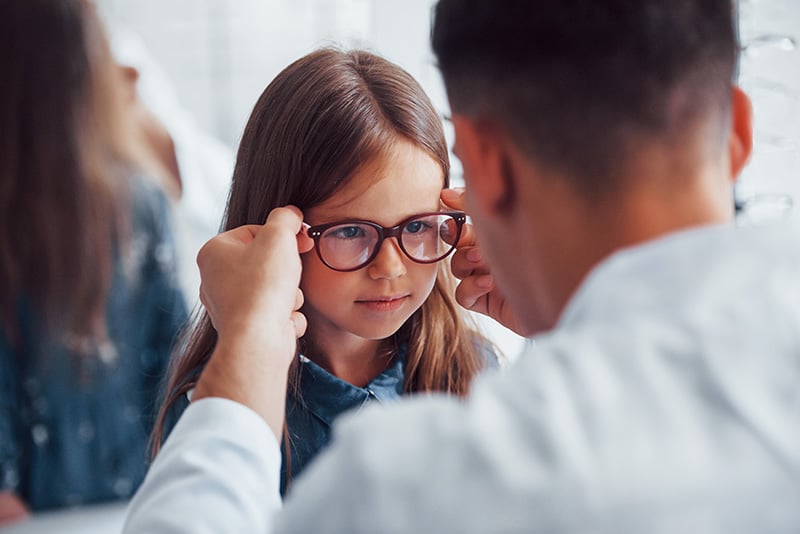
[Related: How Much Melatonin Should You Take]
How to Take Care of Your Eyes
As a standard rule, everyone should receive a dilated eye exam every one to two years before age 60 and every year after age 60. Between your visits to the eye doctor, there are several things you can do to help you maintain and even improve your overall eye health and vision. These include:
- Visiting your eye doctor regularly and staying up to date on medical conditions that could impact your eyesight, such as high blood pressure and diabetes
- Taking steps to prevent eye infections if you wear contact lenses and stick to a recommended contact cleaning and wearing schedule
- Using the right kind of eye make-up
- Practicing frequent hand washing and avoiding rubbing your eyes
- Eating a healthy, balanced diet and getting regular exercise
- Giving your eyes a rest and practicing the 20-20-20 rule - every 20 minutes, look at something 20 feet away for 20 seconds.
- Wearing sunglasses at appropriate times and in the right locations
- Avoiding smoking
- Wear your glasses if you need them to avoid straining your eyes
- Take quality supplements and vitamins with nutrients like Vitamin A and Lutein, omega-3s, and green leafy vegetables to help keep your eyes healthy
[Related: 20 Foods That Increase Blood Flow and Circulation Naturally]
Get an Eye Exam
Whether you’re experiencing eye troubles or it’s just that time of the year for an appointment, ensure that you receive regular eye exams to help assess the quality of your vision, protect your vision, and keep an eye out for potential diseases like glaucoma. Depending on your specific eye health needs, you may need to seek out the care of either an Ophthalmologist or an Optometrist.
The Bottom Line
Your eyes are an extremely sensitive and essential part of your body, and you must put in the time and effort needed to ensure that you’re taking care of them properly. Please be sure to wear your sunglasses and visit your eye care provider regularly, and be sure to follow their instructions to help maintain optimal eye health. If you’re looking for additional ways to help keep your eyes as healthy as possible as you age, then consider exercise, a proper diet, and getting the right vitamins and nutrients that support eye health. Eye Care Essence is formulated with a blend of herbs and nutrients with a history of promoting better eye health.
Best in Nature also carries a full line of supplements for all of your major health needs. Check them out here!
* This article is for informational purposes only and doesn’t constitute medical advice. For immediate health concerns, please consult your physician.
These statements have not been evaluated by the Food and Drug Administration. Products are not intended to diagnose, treat, cure or prevent disease.
© 2025 Best in Nature All rights reserved





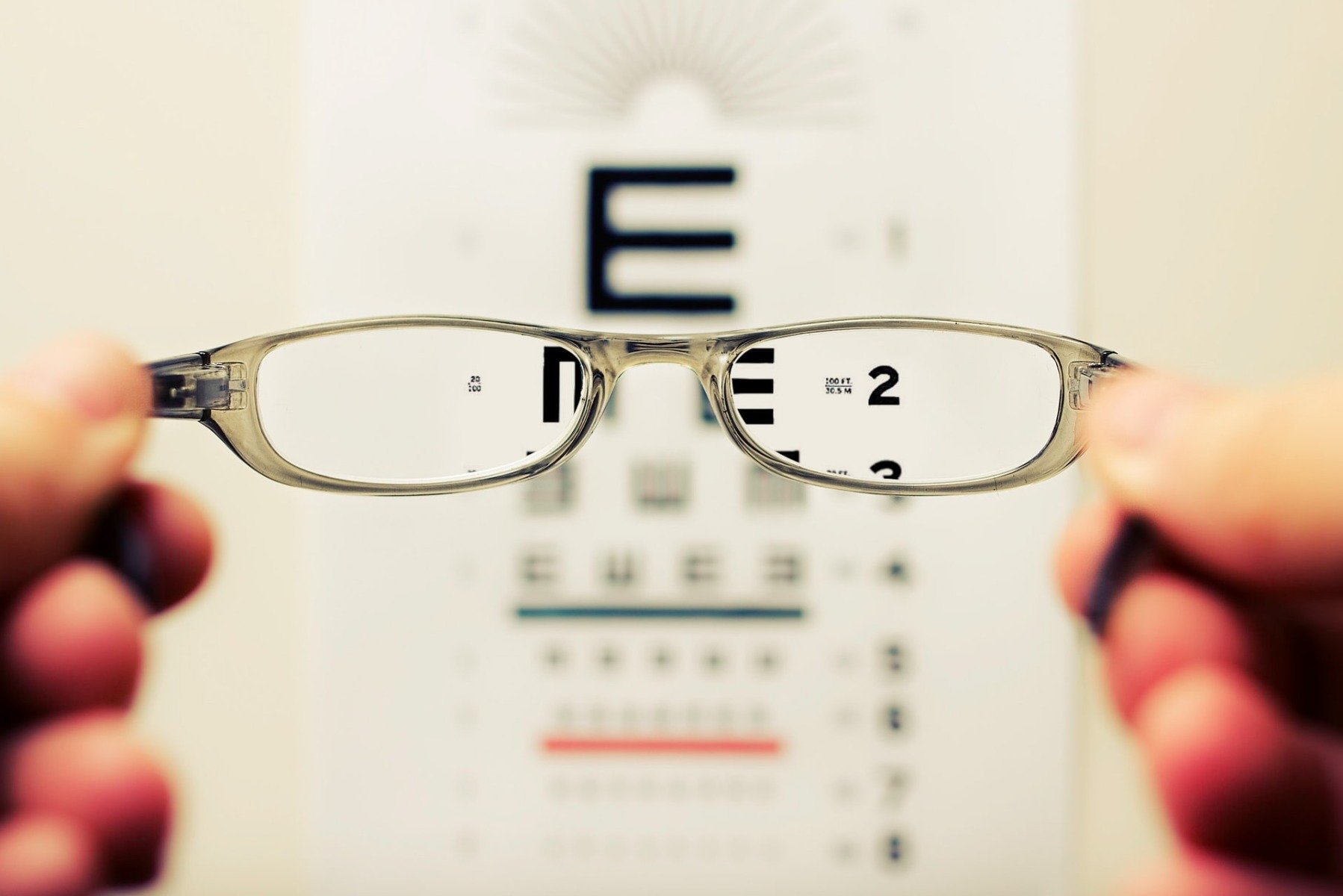

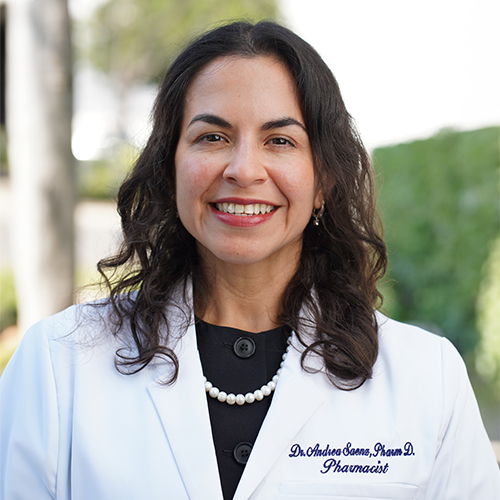

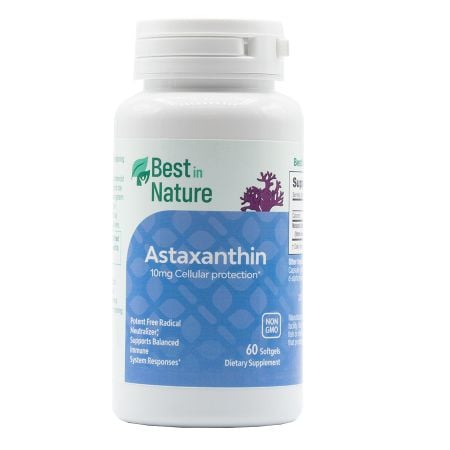
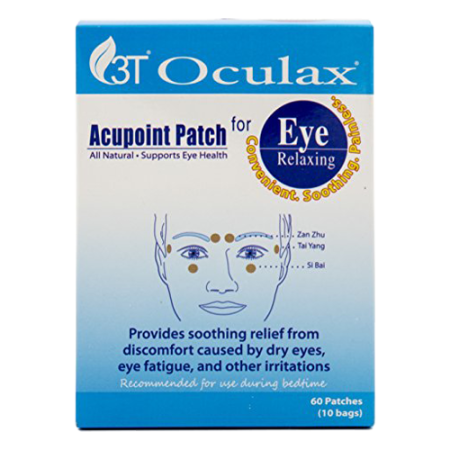
Validate your login
Sign In
Create New Account